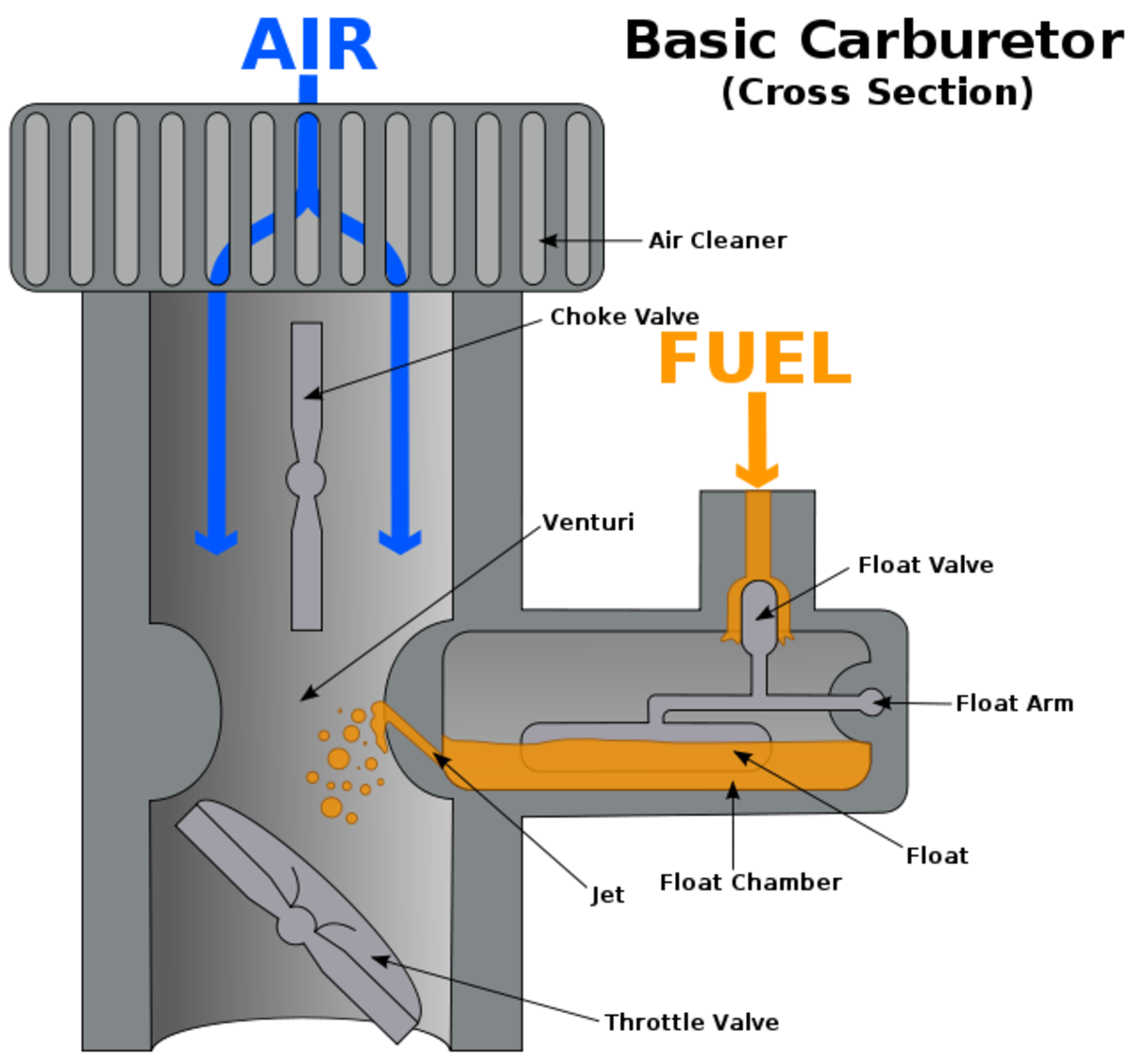Is your car refusing to start, leaving you stranded and frustrated? The culprit could be a faulty crank sensor. Let’s dive into the world of crank sensors and explore their crucial role in keeping your car on the road.
The Agony of Ignition Failure
A non-starting car can cause immense distress. It disrupts your schedule, costs you time and money, and leaves you feeling helpless. While the reasons for a car’s refusal to start are numerous, a malfunctioning crank sensor often lurks behind the ignition failure.
The Crank Sensor: A Gatekeeper to Ignition
The crank sensor is a vital component of your car’s engine management system. It monitors the position and speed of the crankshaft, which is the heart of the engine’s operation. The sensor sends this information to the engine control unit (ECU), which then precisely controls fuel injection and ignition timing.
Without a functioning crank sensor, the ECU lacks the crucial data it needs to synchronize these critical processes. As a result, fuel and spark delivery become erratic or nonexistent, leading to engine failure and a car that refuses to start.
Personal Experience: A Tale of Crank Sensor Woe
I encountered the consequences of a faulty crank sensor firsthand when my car abruptly stalled while driving. Despite repeated attempts to restart, the engine remained stubbornly silent. A mechanic diagnosed the culprit as a malfunctioning crank sensor. Replacing it restored my car’s ability to fire up seamlessly.
Crank Sensor: History and Evolution
The crank sensor has evolved over the years, transitioning from simple magnetic pickups to sophisticated electronic devices. Its importance has only grown as engine management systems have become increasingly complex. Today, crank sensors play a critical role in optimizing engine performance, fuel efficiency, and emissions control.

The crank sensor’s location varies depending on the vehicle. It can be found near the crankshaft, flywheel, or camshaft. Its position allows it to accurately detect the crankshaft’s position and speed.
Unveiling the Hidden Secrets of Crank Sensors
Crank sensors employ various technologies to fulfill their vital role. Hall effect sensors use magnetic fields to detect the crankshaft’s position, while inductive sensors measure changes in magnetic flux. Some crank sensors even incorporate optical elements for enhanced precision.
Recommendations: Ensuring Crank Sensor Health
To ensure optimal crank sensor performance and prevent costly breakdowns, it’s crucial to follow manufacturer-recommended maintenance intervals. Regular inspections can detect potential issues early on. If you encounter starting problems or notice engine performance issues, don’t hesitate to have your crank sensor checked by a qualified mechanic.

Investing in a high-quality crank sensor is equally important. Opting for genuine parts or reputable aftermarket brands can provide peace of mind and ensure long-lasting performance.
Crank Sensor Symptoms: Telltale Signs
Recognizing the symptoms of a faulty crank sensor can save you time and hassle. If your car exhibits persistent starting problems, rough idling, or engine stalling, a malfunctioning crank sensor could be the culprit. Additionally, reduced fuel efficiency and increased emissions may signal sensor issues.
Tips: Troubleshooting Crank Sensor Problems
Troubleshooting a crank sensor problem can be challenging. However, there are some steps you can take to narrow down the issue. Check for loose connections or damaged wiring. Using a multimeter, you can also test the sensor’s resistance and voltage output. If the readings deviate from the manufacturer’s specifications, the sensor is likely faulty.

Replacing a crank sensor requires some mechanical expertise. It’s recommended to consult a qualified mechanic to ensure the job is done correctly. Professional installation can prevent further problems and ensure the longevity of the new sensor.
What Causes Crank Sensor Failure?
Crank sensor failure can stem from various factors. Extreme temperatures, excessive vibration, and exposure to moisture and contaminants can compromise the sensor’s integrity. Electrical faults, such as short circuits or broken wires, can also lead to sensor malfunction.
Fun Facts about Crank Sensors
Did you know that crank sensors can play a role in anti-theft systems? By detecting the unique pattern of crankshaft rotation, some cars use crank sensors to prevent unauthorized engine starts.

Crank sensors also contribute to adaptive cruise control systems. By monitoring the crankshaft’s speed, the ECU can adjust the vehicle’s speed to maintain a safe following distance from other vehicles.
How to Avoid Crank Sensor Problems
Following proper maintenance schedules and using high-quality parts can significantly reduce the likelihood of crank sensor problems. Additionally, avoiding excessive engine vibration and protecting the sensor from moisture and extreme temperatures can further extend its lifespan.
<
Question and Answer: Clarifying Crank Sensor Concerns
- Q: Can a faulty crank sensor cause engine stalling?
A: Yes, a malfunctioning crank sensor can prevent the engine from receiving the necessary signals, leading to engine stalling. - Q: What are the common symptoms of a faulty crank sensor?
A: Persistent starting problems, rough idling, engine stalling, reduced fuel efficiency, and increased emissions. - Q: Can I replace a crank sensor myself?
A: Replacing a crank sensor requires some mechanical expertise. Consulting a qualified mechanic is recommended to ensure correct installation. - Q: How often should I replace my crank sensor?
A: Crank sensor replacement intervals vary depending on the vehicle and driving conditions. Refer to your manufacturer’s recommendations for specific guidance.
Conclusion: The Vital Role of Crank Sensors
Crank sensors are crucial components that play an essential role in ensuring smooth engine operation and reliable starting. Understanding the symptoms of a faulty crank sensor and taking preventive measures can save you from unexpected breakdowns and costly repairs. Maintaining a well-functioning crank sensor is vital for a trouble-free driving experience.